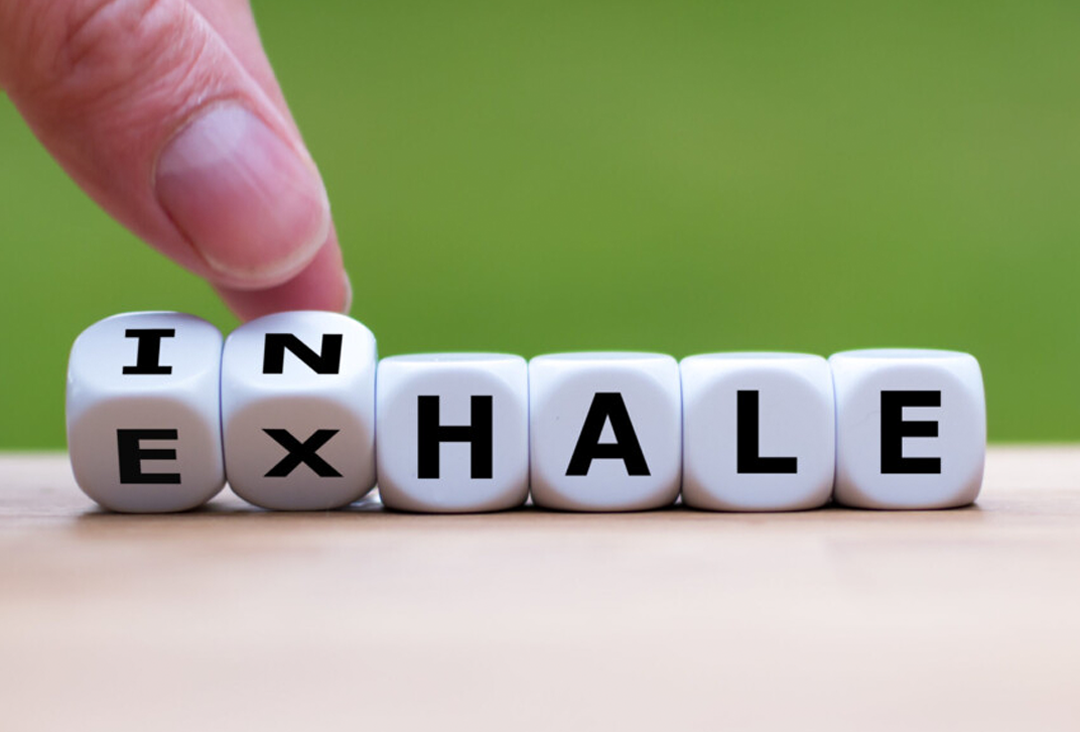A 2023 study from University of Rochester medical researchers found that yoga has a powerful, positive effect on inflammation in cancer patients. The high-quality randomized control trial had 500 cancer patients do twice-weekly yoga or health education classes for a month. Blood tests showed that those practicing yoga had “significantly lower levels of pro-inflammatory markers” compared with patients in the education group. The researchers’ conclusion: “Clinicians…






























































